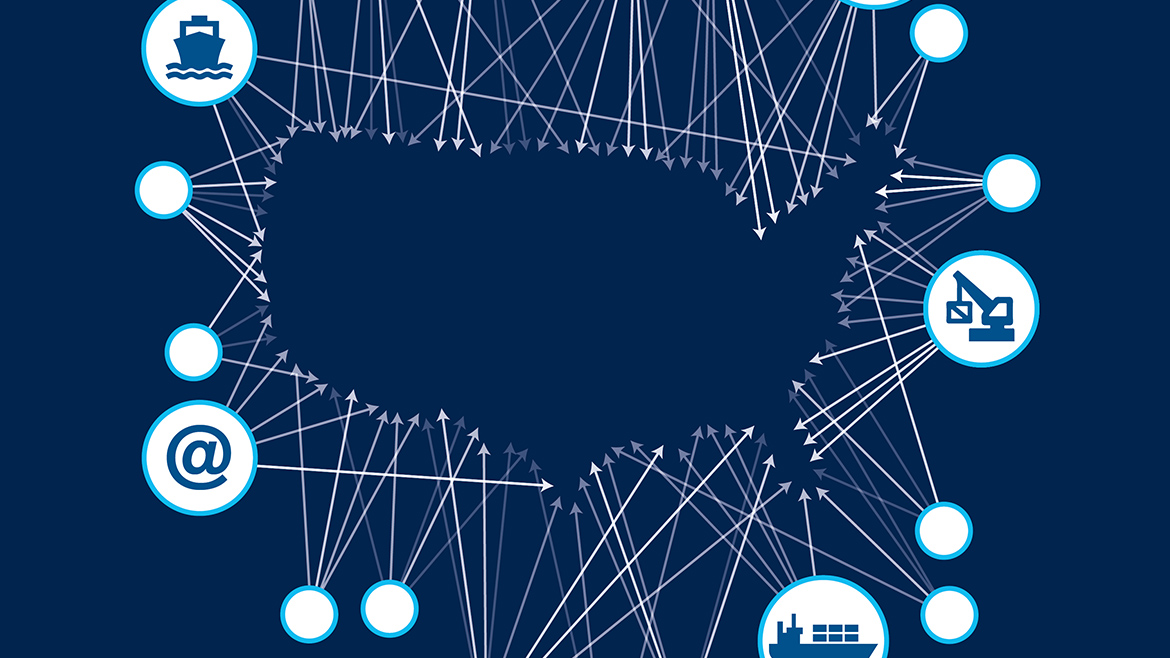The findings are based on an executive survey of 531 companies that trade with the US, conducted by The EIU in March and April 2016, as well as desk research and interviews with experts.
Key findings:
- Companies are optimistic about future trade activity with the US. Two-thirds of respondents in our survey anticipate that their company’s trade with the US will increase over the next five years, with over 43% expecting an increase of 10% or more.
- Companies face a number of issues in trading with the US, but none of these are perceived to be insurmountable. Survey respondents cited exchange-rate volatility (41%), transport costs and delays (32%), trade-related infrastructure (32%) and making payments (32%) as their top challenges.
- The overall quality of trade-related infrastructure in the US is rated highly. Deeper investigation, however, points to shortcomings with ports and land borders, revealing that infrastructure development has not kept pace with the increase in trade activity and requires significant investment for expansion and automation.
- Delays at ports and land-border crossings arise primarily as a result of regulatory requirements. The top sources of regulatory challenges include customs duties and valuation (26% of respondents), licensing requirements (23%) and product-quality standards (20%).
- The post-9/11 security paradigm shift has increased the administrative requirements faced by foreign companies.
- Trade-related regulatory challenges impose significant additional costs on foreign companies. Over 40% of survey respondents indicate that trade-related regulatory challenges increase the cost of doing business by 10-30%, with an additional 15% reporting an increase of more than 30%.
- Payment-related challenges arise from a range of issues, particularly process inefficiencies (52%) and limited payment visibility (52%).
- Foreign companies look to key developments in policy and politics to understand the outlook for trading with the US, closely tracking the rhetoric on the campaign trail for the 2016 US presidential election.
- The negotiation of new trade deals, the Trans-Pacific Partnership (TPP) in particular, will bring new opportunities. Survey findings strongly corroborate this sentiment: 49% of respondents expect the TPP to improve opportunities for trade with the US market moderately, while an additional 29% believe it will improve opportunities substantially.






